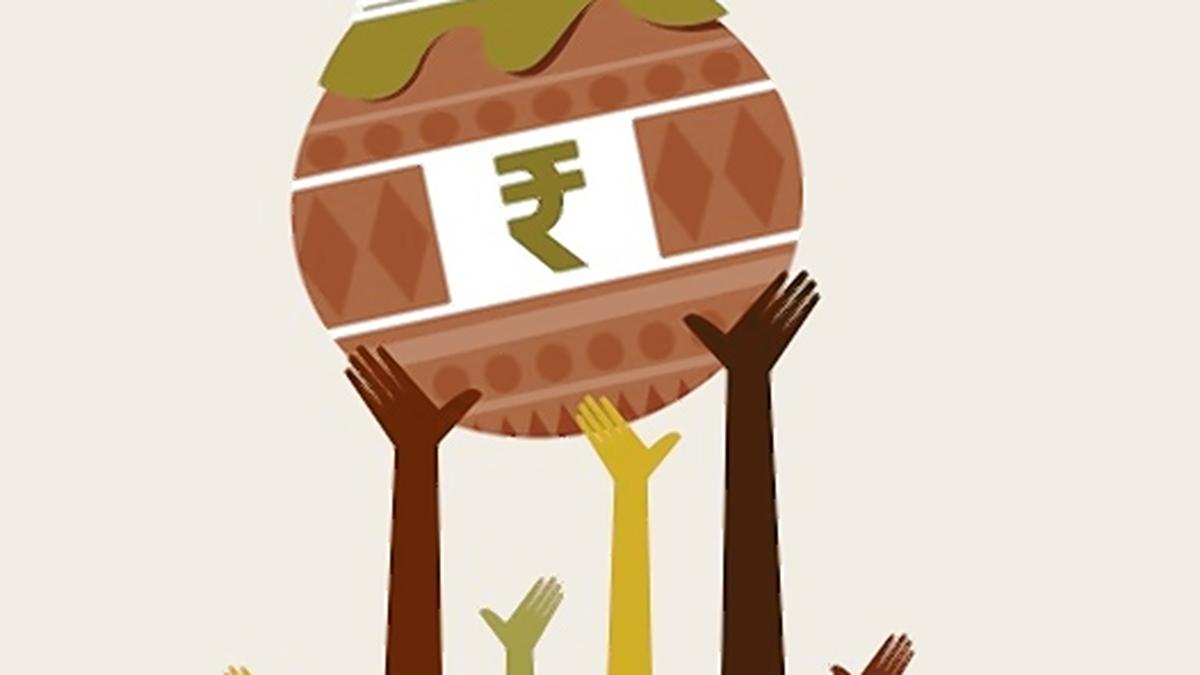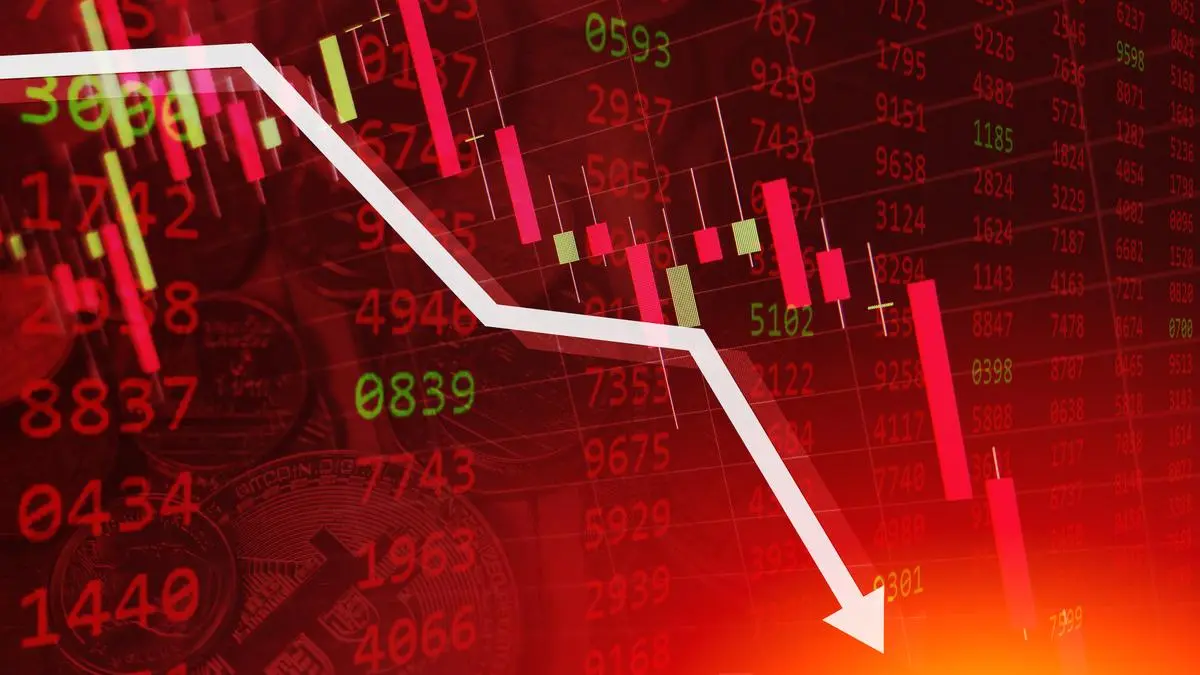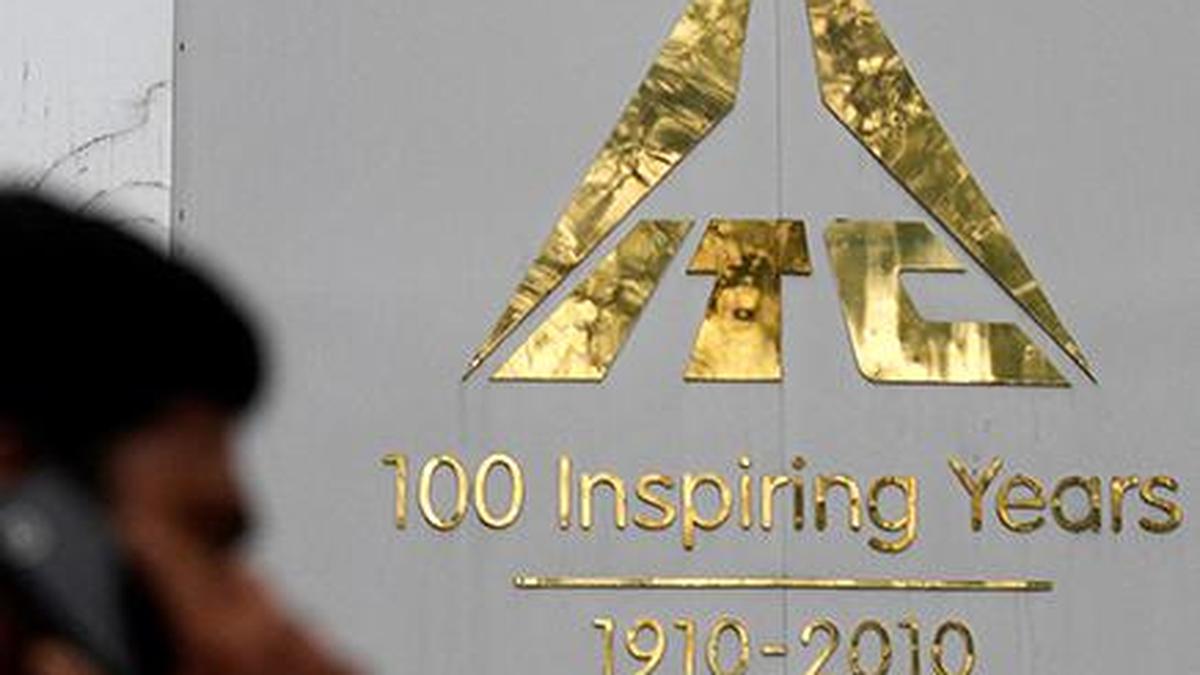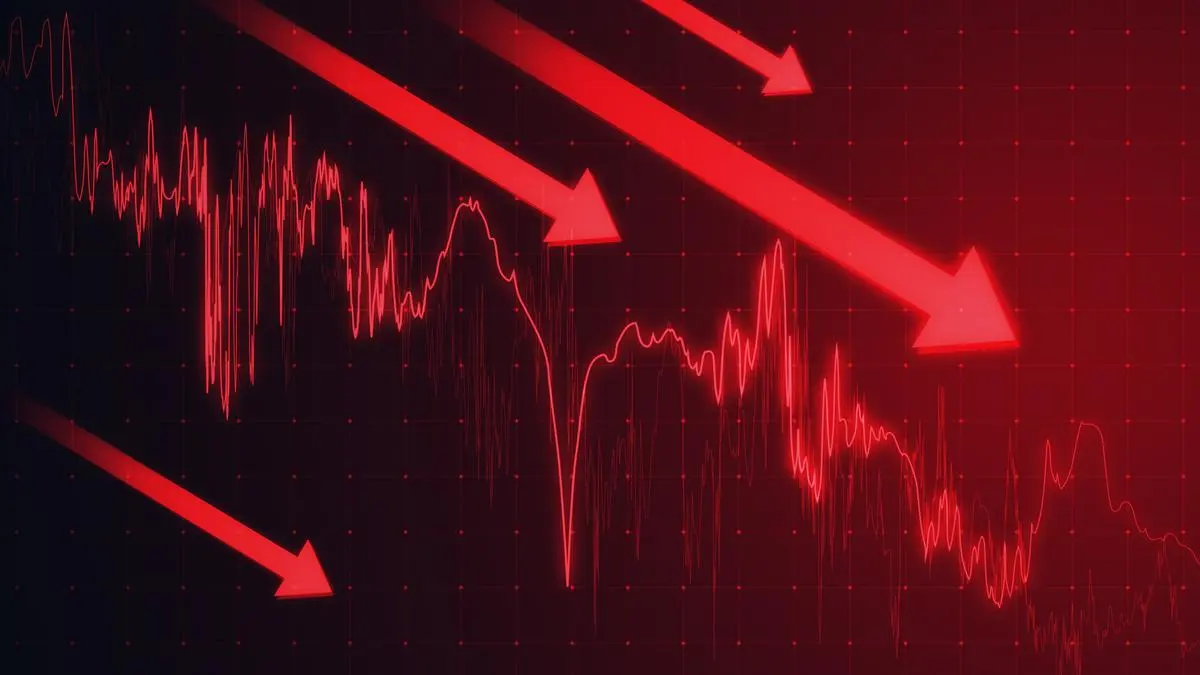FOREX
Musk signals he’s open to cooling off period in feud with Trump
Elon Musk signalled he would move to cool tensions with US President Donald Trump, after differences between the two exploded Thursday into an all-out public feud.
Earlier in the day, Musk called for Trump’s impeachment and insinuated he was withholding the release of files related to disgraced New York financier Jeffrey Epstein because of his own presence in them.
Trump, in turn, proposed cutting off the billionaire’s government contracts, following his onetime adviser’s repeated exhortations for Republicans to vote against the president’s signature tax legislation because it would increase the deficit.
However, hours after saying he would end use of Space Exploration Technologies Corp.’s Dragon spacecraft, Musk reversed course and signalled there could be a cooling-off period between Trump and the world’s richest man.
“This is a shame this back and forth. You are both better than this. Cool off and take a step back for a couple days,” an X user who had just 200 followers on the platform wrote in reply to Musk’s post about Dragon.
“Good advice,” Musk responded. “Ok, we won’t decommission Dragon.”
In a separate reply to billionaire Bill Ackman, an ally of both Trump and Musk who said they should “make peace for the benefit of our great country,” Musk responded: “You’re not wrong.”
The acrimonious back-and-forth between Musk and Trump represented a remarkable falling out among two men who spent months working together to reshape the federal government.
It also left Republican lawmakers in the awkward position of choosing sides between Musk, who has quickly become a key financial backer for the party’s political efforts, and Trump, the singular political force who has reshaped the party in his image.
House Speaker Mike Johnson told reporters that “policy differences shouldn’t be personal” and called Musk a friend as he addressed reporters Thursday.
The increasingly frenetic exchange between the president and the man who helped underwrite his third presidential bid capped off a whirlwind day that began with a call between Trump and Chinese President Xi Jinping designed to reset trade discussions that grew acrimonious over the past few weeks, as well as an Oval Office meeting with German Chancellor Friedrich Merz to discuss the US’s tense relationship with Europe.
‘Make My Day’
The dispute over the GOP tax legislation devolved into personal bickering when Musk called Trump an ingrate and suggested the president would have never won the election without his help. Trump responded by threatening a main source of the billionaire’s wealth. Musk’s Tesla Inc. and SpaceX have benefited from federal contracts and subsidies.
“The easiest way to save money in our Budget, Billions and Billions of Dollars, is to terminate Elon’s Governmental Subsidies and Contracts,” Trump wrote to his social media site.
Ending contracts with Musk’s companies could prove legally and practically unwieldy, given they are deeply intertwined with US space and defense operations. The Dragon spacecraft carries crew and cargo to and from the International Space Station.
Total revenue for SpaceX and Tesla from federal unclassified contracts since fiscal year 2000 is $22.5 billion, according to Bloomberg Government data.
“Go ahead, make my day,” Musk posted on X in response to Trump’s threat. Later, he responded “yes” to a Twitter user’s suggestion Trump be impeached and replaced by Vice President JD Vance and argued that the president’s tariff regime would tip the country into a recession by the end of the year. Musk also needled Trump over his past relationship with Epstein.
“Time to drop the really big bomb: @realDonaldTrump is in the Epstein files. That is the real reason they have not been made public. Have a nice day, DJT!” Musk wrote.
The White House declined to comment on the Epstein accusation.
Trump said Musk’s opposition to the bill was rooted in a provision that would scale back electric vehicle tax credits that benefited Tesla.
“Elon was ‘wearing thin,’ I asked him to leave, I took away his EV Mandate that forced everyone to buy Electric Cars that nobody else wanted (that he knew for months I was going to do!), and he just went CRAZY!,” Trump posted.
Musk responded that Trump’s claim he was asked to leave was “such an obvious lie” and “so sad.”
Trump first voiced animosity toward Musk earlier Thursday, saying that he was “disappointed” by the billionaire’s criticisms of the GOP bill, saying its cuts to electric-vehicle tax credits drove his opposition.
“I’m very disappointed in Elon. I’ve helped Elon a lot,” Trump said earlier during an Oval Office meeting with Merz. “He said the most beautiful things about me, and he hasn’t said bad about me personally, but I’m sure that’ll be next.”
In a remarkable scene, Musk rebuked Trump in real time, firing off rebuttals on social media as the president spoke.
“Such ingratitude,” Musk posted, citing his financial support for Republicans during the 2024 election. “Without me, Trump would have lost the election, Dems would control the House and the Republicans would be 51-49 in the Senate.”
Musk floated the idea of creating a new political party “that actually represents the 80% in the middle.”
Musk denied that motivation in a post on X, saying he was fine with reducing the EV credits if lawmakers “ditch the MOUNTAIN of DISGUSTING PORK in the bill.”
The public display unleashed a new torrent of criticism from longtime Trump supporters who had greeted Musk’s appearance with weary suspicion. Former Trump aide Steve Bannon told the New York Times that the US should launch an investigation into the immigration status of Musk, a naturalised citizen.
“I am of the strong belief that he is an illegal alien, and he should be deported from the country immediately,” Bannon told the paper.
Since leaving government, Musk has criticised the Republican package — Trump’s “one big beautiful bill,” as he calls it — because it is forecast to add to the US budget deficit.
The legislation would eliminate a credit worth as much as $7,500 for buyers of some Tesla models and other electric vehicles by the end of 2025, seven years ahead of schedule. That would cause a roughly $1.2 billion hit to Tesla’s full-year profit, according to JPMorgan analysts.
“I’m very disappointed because Elon knew the inner workings of this bill better than almost anybody sitting here,” the president said. “All of the sudden, he had a problem and he only developed a problem when he found out we’re going to have to the cut the EV mandate.”
Musk, in another retort, said he was not aware of the details. “This bill was never shown to me even once and was passed in the dead of night so fast that almost no one in Congress could even read it!” he said in a post on X.
The pair have also clashed over Trump’s decision to withdraw the nomination of Musk associate Jared Isaacman to lead the National Aeronautics and Space Administration. Trump said he pulled back the choice after learning of Isaacman’s past support for Democrats.
“I didn’t think it was appropriate,” Trump said. “He wanted that person, a certain person, and we said no.”
The exchange is the latest in what has been a relatively swift break with Musk, who served as a Special Government Employee overseeing cost-cutting efforts before leaving.
Just last Friday, Trump staged an event for Musk in the Oval Office, celebrating his tenure and thanking him.
Trump recalled that in Thursday’s meeting with Merz, noting that Musk was sporting a black eye at the time.
“I said do you want a little makeup? We’ll get you a little makeup. but he said ‘no, I don’t think so,’ which is interesting and very nice,” Trump said Thursday. “He wants to be who he is.”
More stories like this are available on bloomberg.com
©2025 Bloomberg L.P.
Published on June 6, 2025



































